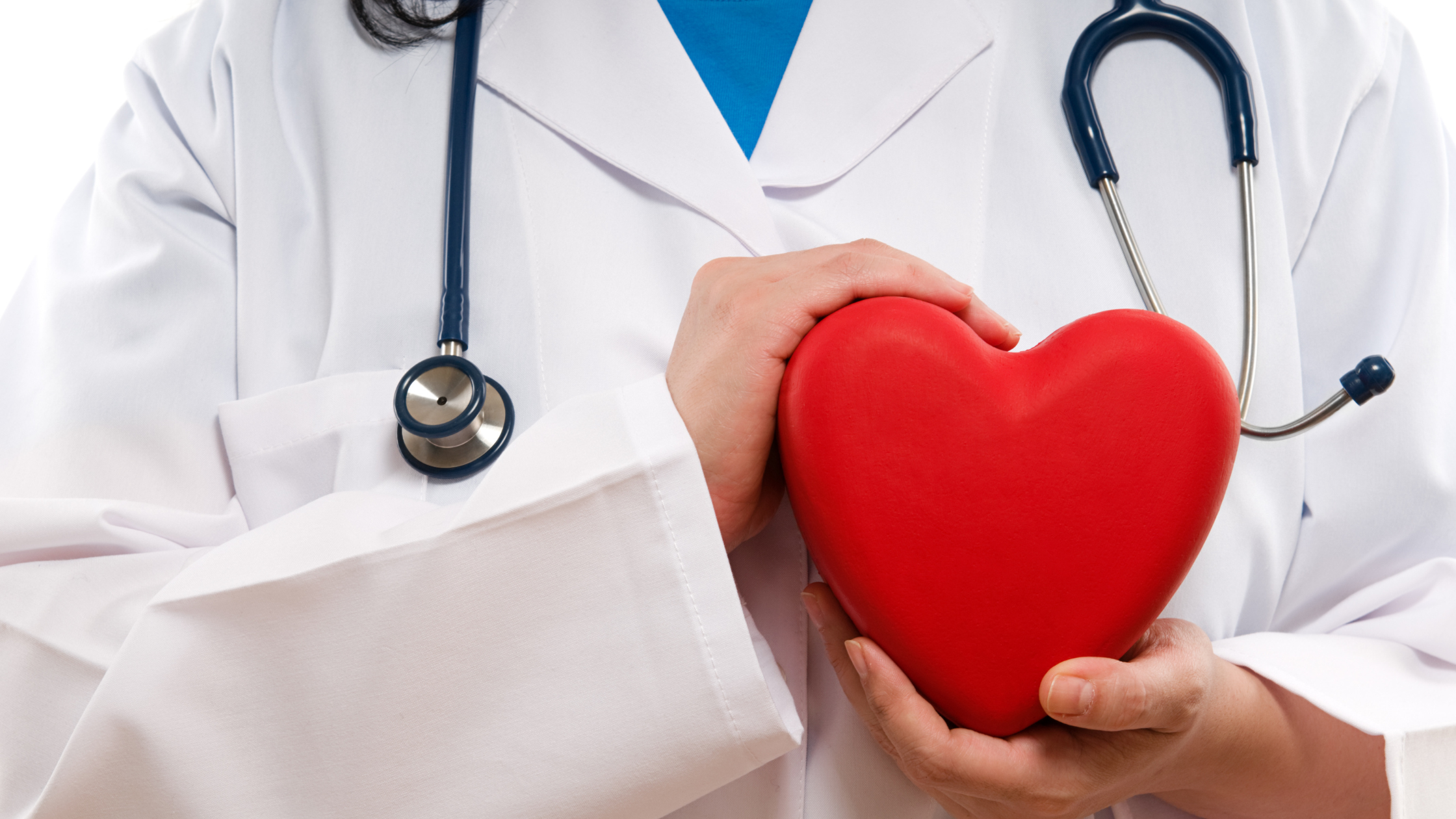
5 Tips for a Healthy Heart
The leading cause of death in Montana is heart disease with more than 1,000 Montanans under the age...

As the temperature rises, it's essential to stay vigilant and take precautions to protect yourself from the scorching heat. Two heat-related conditions that can pose serious risks this summer are heat exhaustion and heat stroke. This article will explore the differences between these two conditions, their causes, and, most importantly, how you can prevent them. So let's dive in and learn how to stay cool and safe during the year's hottest days!
Heat exhaustion is a condition that occurs when your body overheats and straddles to cool itself down again. It typically arises from prolonged exposure to high temperatures and intense physical activity. Common symptoms of heat exhaustion include excessive sweating, dizziness, headache, nausea, rapid heartbeat, and muscle cramps. Heat exhaustion can be treated by seeking shade and a cooler environment, drinking water, and applying a cold compress to the skin. However, if someone experiencing heat exhaustion cannot cool down, heat exhaustion can progress to heat stroke, which is far more severe.
Heat-related illnesses, such as heat stroke and heat exhaustion, are more likely to occur in certain conditions, such as high temperature, high humidity, and lack of shade. These conditions can increase the risk of developing heat-related illnesses, especially when combined with physical exertion and inadequate hydration. However, it's important to remember that heat-related illnesses can still occur even when conditions are not extreme. Therefore, it's crucial to remain vigilant and take precautions to prevent heat-related illnesses regardless of the prevailing conditions, as they can still threaten health and well-being.
Heat-related illnesses, such as heat stroke and heat exhaustion, are more likely to occur in certain conditions, such as high temperature, high humidity, and lack of shade. These conditions can increase the risk of developing heat-related illnesses, especially when combined with physical exertion and inadequate hydration. However, it's important to remember that heat-related illnesses can still occur even when conditions are not extreme. It's crucial to remain vigilant and take precautions to prevent heat-related illnesses regardless of the prevailing conditions, as they can still pose a threat to health and well-being.
You can take several measures to prevent heat exhaustion and heat stroke. By following these key strategies, you can protect yourself from the dangers of excessive heat and ensure your well-being:
By following these preventative measures, you can enjoy the summer season while staying cool, comfortable, and free from the risks of heat-related illnesses.
Beating the heat is all about being proactive and mindful of your body's needs. By understanding the differences between heat exhaustion and heat stroke, recognizing the symptoms, and taking preventative measures, you can enjoy the summer while staying safe and cool. Don't let the sun spoil your fun - stay hydrated, seek shade, and care for yourself. Prevention is the key to a summer full of beautiful memories and good health!
If you are concerned about your susceptibility to heat-related illness, don't hesitate to contact Alluvion Health's medical providers! They can provide personalized advice and recommendations on how to avoid heat-related illnesses like heat exhaustion and heat stroke. So call 406.454.6973 today to schedule an appointment and enjoy the sunny days while keeping cool and safe!

The leading cause of death in Montana is heart disease with more than 1,000 Montanans under the age...

It can be hard to convey the importance of dental care to your children but making sure your...

As the New Year starts, you are likely coming up with a list of New Years' Resolutions to improve...

This February 24th, Rotary Electric's Tardi Gras Event will be fundraising for the Alluvion Health...

Communication is a fundamental part of our daily lives. We use it to express our thoughts,...

On January 20th, Alluvion Health closed on the purchase of the former Roosevelt Elementary School...